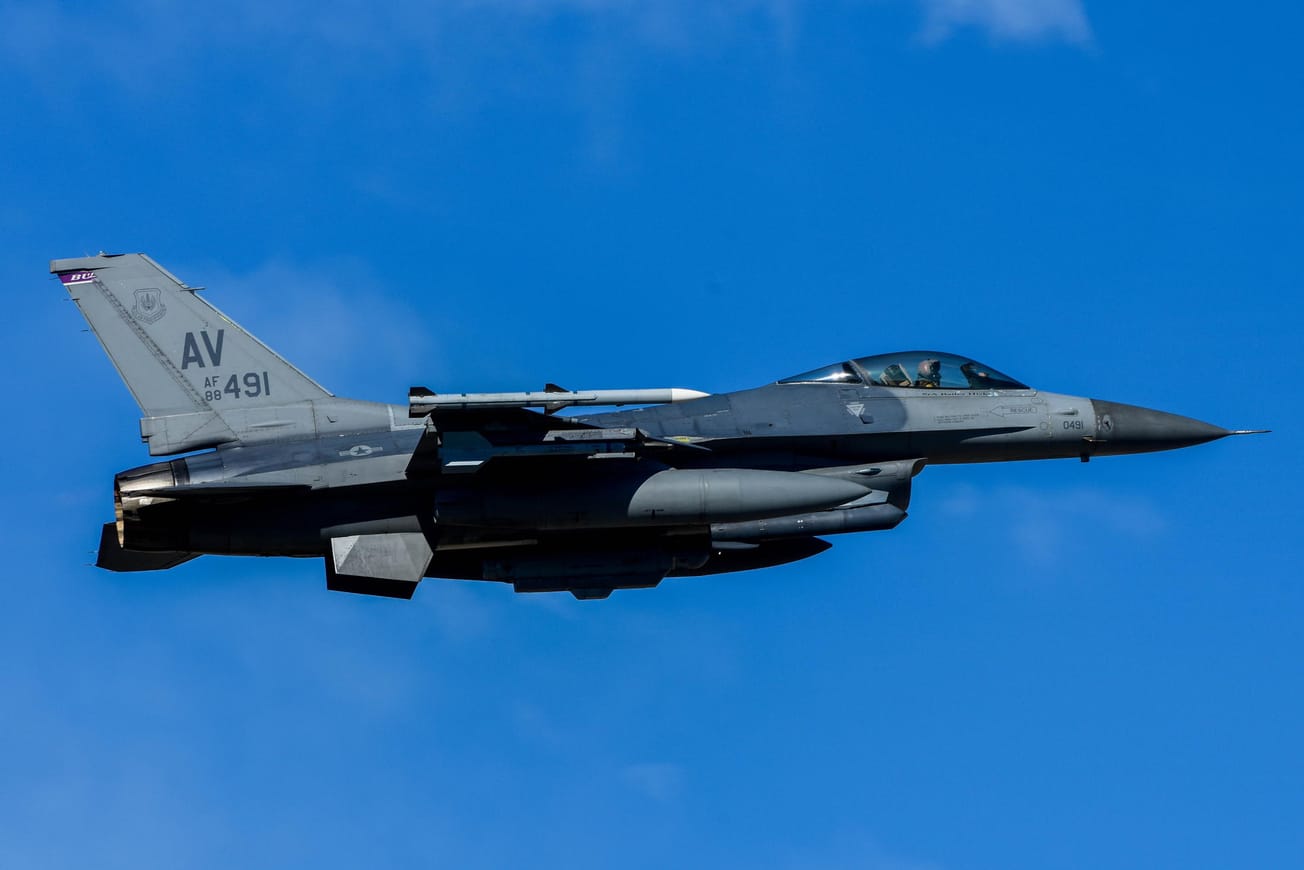Excerpts from Lyndon LaRouche’s address at Central Connecticut State University, in New Britain, Connecticut, on May 4, 2009:
I shall suggest it is an error to talk a Middle East policy. That is, I think, one of the reasons we have a problem with the Middle East, is, we keep talking about a Middle East policy. Instead of talking about a conflict in the so-called Middle East, we should talk about the Middle East as a conflict, and a conflict that is largely global, especially within the context of nearby European and related civilization.
This is demonstrated, especially, since the British took over the Middle East, in a process which began with the development of petroleum in what is now called Kuwait, by the British monarchy.…
Out of that, the breakup of the Turkish, the Ottoman, Empire, came a new situation, in which the British, with their puppets in France, formed what was called the Sykes-Picot coalition, under which the entire area was intended to be carved up between France and Britain, as a joint colony, as such.…
Now, if you look back on this thing, and look at what the conflict in this region is, since the developments of the late 19th Century, this has always been an area of conflict. But people look at this, and say, “This is a conflict among this person or that person.” And, more recently, since the end of World War II, it’s considered a conflict between Israelis, or Jews, and Arabs—which is also, not quite true.
What we have to do, is think of this area, as I said, as being an area within the world—the Middle East is a part of the world!—the conflict in the Middle East is a part of the world conflict, not the other way around.
But then, look at it from the standpoint of economics: What is important about this area, which is called today the Middle East? Why is it such a cockpit of conflict? Why has it been such a cockpit of conflict since way before anybody knew of a Jew in the Middle East? In the ancient wars, among Egypt, among the Hittites, among the people of Mesopotamia, and similar kinds of wars. The wars of the 7th Century B.C., which involved essentially, the Greeks, allied with the Egyptians, against Phoenicia, and the extension of Phoenicia in the Western Mediterranean, being combatted and controlled by another civilization, there.
So, the conflict is ancient.…
And, in this situation, something happens. You have a culture whose leading characteristic, in this known period, was that of a maritime culture, not an inland culture. There were inland cultures, but they were not progressive, in the sense that the maritime cultures were progressive, scientifically, or the equivalent of science, and culture.
So, what now is the meaning of this area we call the Middle East, at that point? It’s an area between the Mediterranean, which becomes a center of growing culture, and the Indian Ocean, and Asia in general.…
Come back then to the situation in the so-called Middle East. And see the Middle East, not as having its own history, but the Middle East as something within the process of history.
And the other part is, don’t look at the Israeli-Arab conflict. Don’t ignore it, but don’t look at it. Because the conflict is not determined by the Israelis or Arabs. It’s determined by international forces which look at this region. How? As a crossover point between the Mediterranean and the Indian Ocean, the relationship of Europe to Asia, the relationship of Europe to East Africa, and so forth.
Therefore, what you’re seeing is that.
Now, go back and say, where did the British get this idea—as they did with Sykes-Picot—where did they get the bright idea of keeping the Arab population, and what became the Israeli population, at odds with each other permanently? Killing each other over land that wasn’t worth fighting over, in terms of its quality.
Ask yourself, what is the development of this territory? What is the development of the conditions of life of the people? The development of the conditions of life of the typical Israeli? Look at the Israeli of the 1950s and ’60s, and even the ’70s, the early ’70s, where there was progress. What do you see today? You see decadence. Accelerating decadence, and an increase in warfare.





